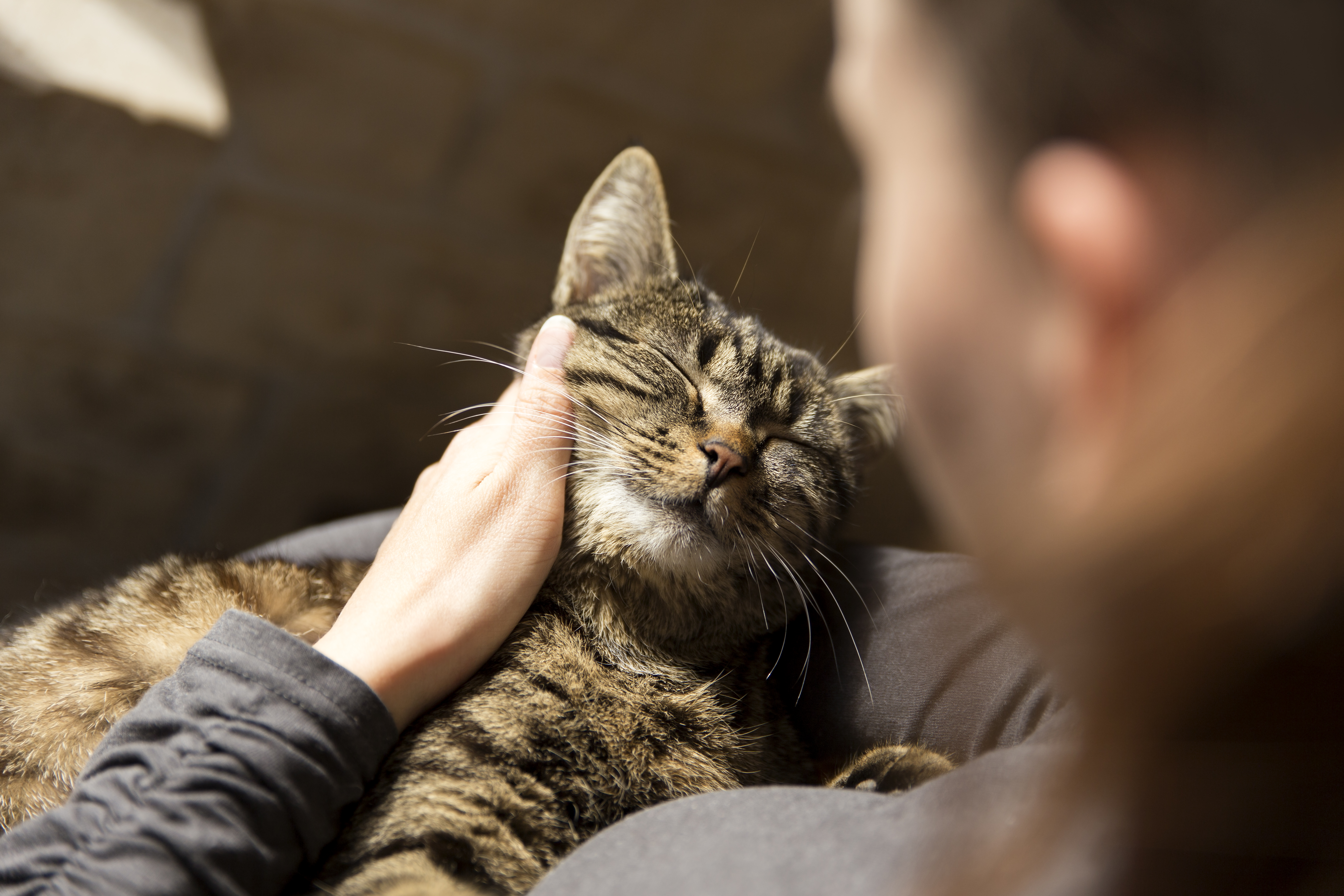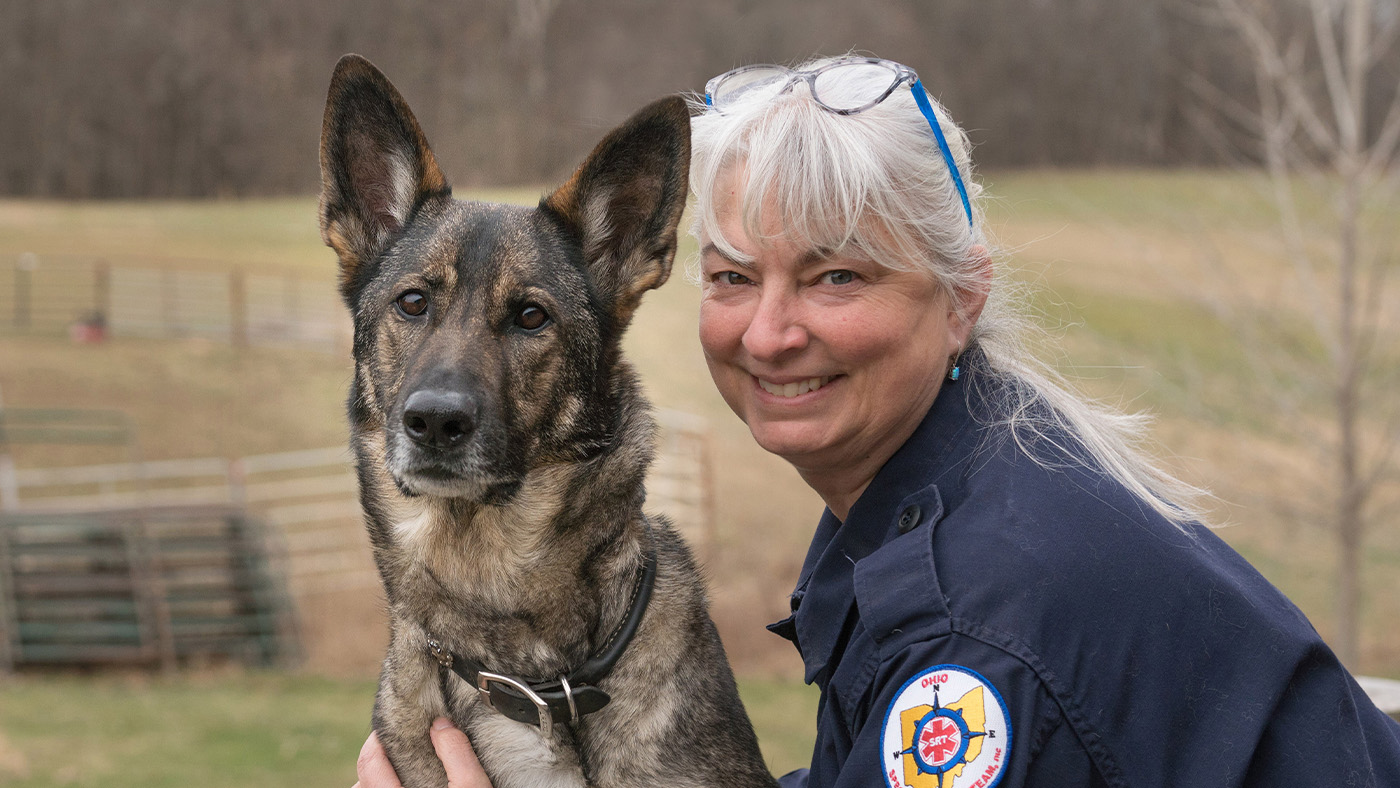Cats with the right personality can be surprisingly effective in therapy, new study suggests
Could cats be just as helpful as dogs?

It’s very common to hear about therapy dogs helping out in places like hospitals, schools, and retirement homes – almost everyone likes to spend time with cute canines when they’re stressed, worried, or lonely, right?
When we think of therapy animals, cats don’t usually spring time mind as fast as their canine counterparts. They’re often typecast as more aloof, more selective with who they choose to spend time with, or more interested in playing with the best cat toys.
However, a new study has suggested that cats could be more effective in therapy than is popularly thought – the findings could lead to more cats being involved in therapeutic spaces.
Professor Patricia Pendry of Washington State University worked with Belgian researchers to find out whether some cats show consistent friendly behavior in environments that help people cope with stress and anxiety, and work out how cat personality traits could fit well in therapy programs.
Pendry explained, “There’s this perception that cats just aren’t suitable for this kind of work, but our study shows that some cats may thrive in these settings. It turns out that cats chosen to engage in animal-assisted services [AAS] seem to exhibit the same behavioral traits as therapy dogs – like high sociability and a willingness to engage with people.”

The study, published in the Animals journal, found that the cats working in AAS tended to be more social with humans and other cats alike, more attention-seeking, and more tolerant of being handled – and being picked up in particular.
It suggests that expanding therapy programs to include cats could make them accessible to more people. Some might prefer the quiet presence of a cat to the company of an excitable dog, for example. However, it’s important to consider that not all cats will be a good fit, and that therapy cats don’t tend to get trained for the role, unlike dogs. Some cats just seem to have the right personality traits.
PetsRadar Newsletter
Get the best advice, tips and top tech for your beloved Pets
Some cat breeds, like ragdolls and Maine Coons, are often considered to be more sociable, and more research is needed to work out if breeds like these might be the best fit for therapy. This study didn’t look at differences in behavior based on breed – only differences in traits within groups of cats.
More research is also needed to look at how therapy programs can use cats while also maximizing their welfare. Even cats who are suited to the role might get overwhelmed by long sessions or big groups of people. However, the right therapy programs could be perfect for cats – and really help their human clients, too.
Meanwhile, here are 32 ways having a pet can lower your stress levels, as well as the best emotional support animal breeds

Adam is a freelance journalist specialising in pets, music and culture, and mental health and wellbeing. He investigates and writes the large majority of news on PetsRadar, and collaborates with veterinary experts to produce informative pet care content.
Adam has a journalism degree from Southampton Solent University and a masters degree in Magazine Journalism from Cardiff University. He was previously senior editor at dog advice website DogTime.com, and has also written for The Independent, GoodToKnow and Healthline.
He owns two rescue cats, Bunny and Dougie, and has also previously had a rabbit, fish and Roborovski dwarf hamsters.
